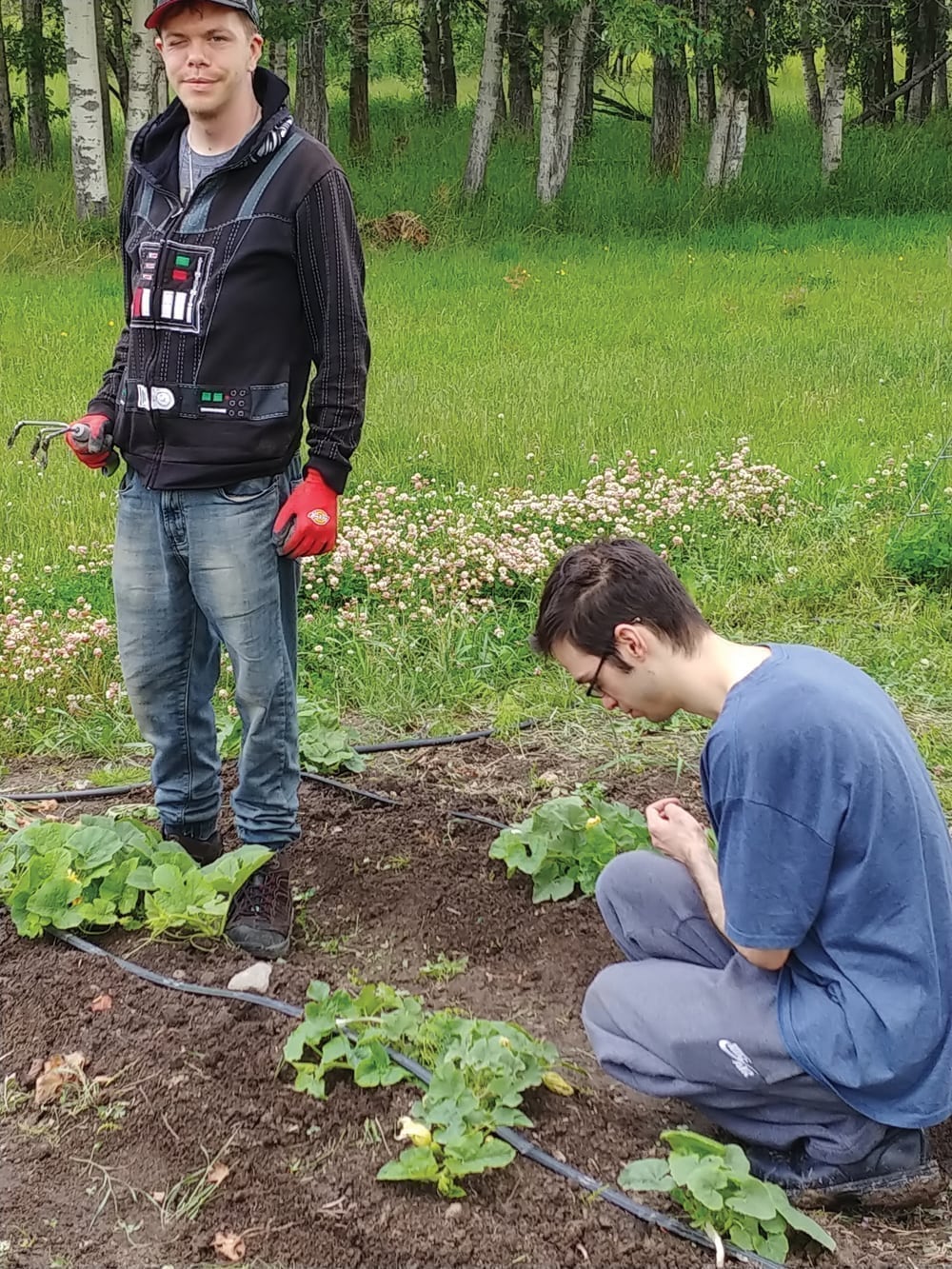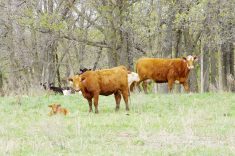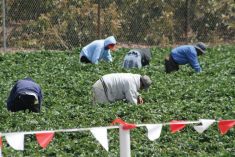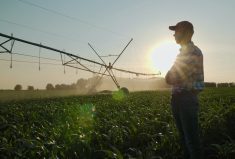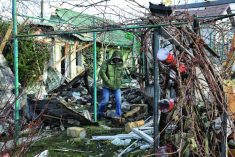Triple S Ranch and Market Gardens is a farm with a different focus: Providing jobs to people with autism.
“We launched a non-profit social enterprise May 1 and since then we’ve been working at the farm growing organics,” said Karen-Ann Moore, who owns the 40-acre Winfield-area farm with her husband.
She currently has four autistic adults working on site — two in the one-acre market garden and two on social media.
Moore was inspired to start her unique venture because she has a son with autism.
Read Also
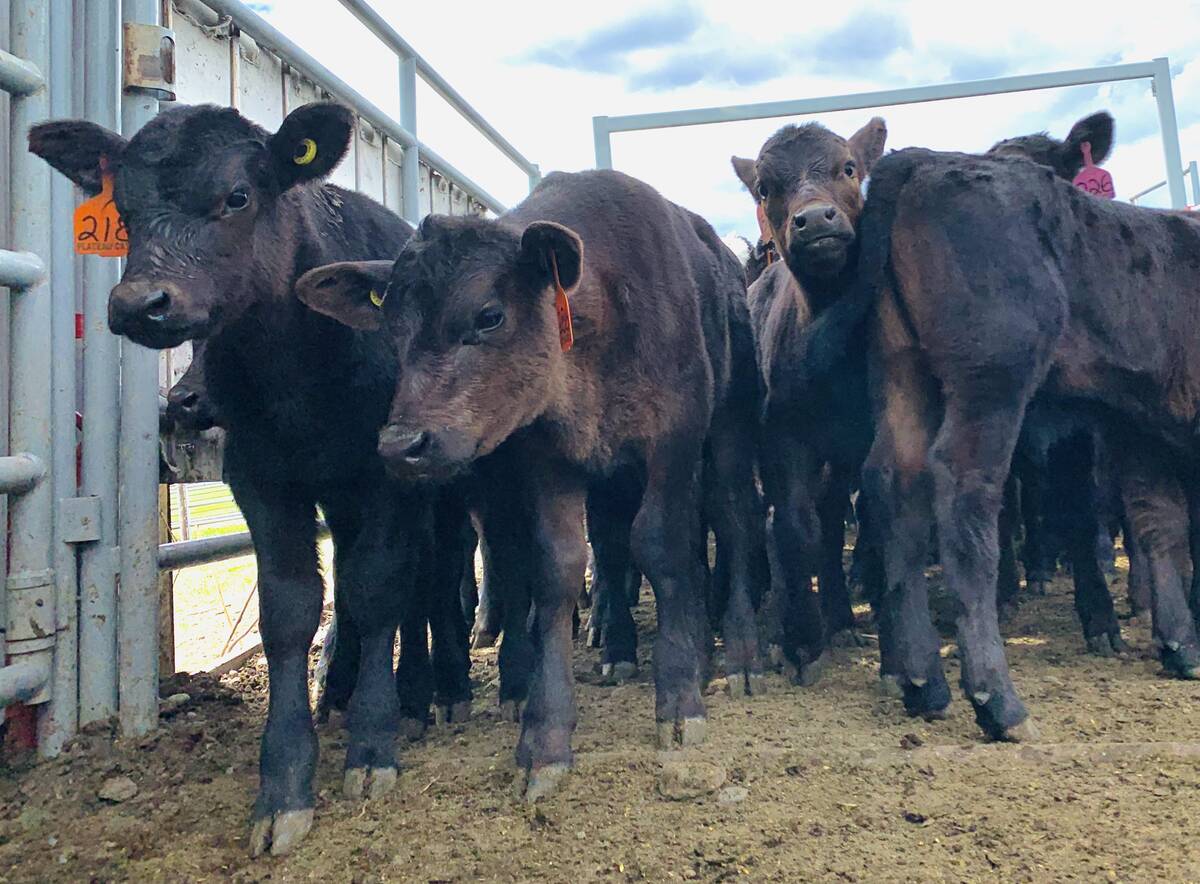
How ‘care and compassion’ protocols drive performance at this Alberta ranch
Plateau Cattle Company says lowering stress in calves using science-based practices leads to higher weaning weights and better animal health.
“A lot of adults with autism have noise issues and overstimulation issues,” said Moore. “There’s all kinds of research that says they function better in areas of low stimulation, as well as on a farm.”
In a crowdfunding video, Moore said one in 68 children are diagnosed with some degree of autism but only about 25 per cent of young adults with the neurological condition are employed.
Her son, Aidan Guerra, is more calm and focused at the farm, she said.
“I feel really at ease,” Guerra says in the video. “I feel like I’m in heaven on earth there. Nothing to worry about, stress free.”
There are farms across Canada and the United States that hire autistic people, and Moore figured it would work well at her place.
“We’ll eventually be retiring here. It’ll be great to watch this grow as we’re entering our retirement.”
For their first year, Moore and her staff are growing cherry tomatoes, peas, beans, zucchini, and kale in order to see what works best on the land.
“I can tell you now that our tomatoes and our peas are growing fantastically,” she said. “Our beets and squash are huge and we’re really generally focusing on what will be successful next year.”
Instead of selling at a farmers’ market, the operation will focus their sales online through its website (www.triplesranch.ca). The staff are responsible for delivering produce, so the markets aren’t the ideal place.
“Interaction with other people is difficult for them. It’s also overwhelming. We decided that we would sell online and through word of mouth, of course.”
Produce can be ordered up to two weeks in advance.
“We deliver within 24 hours of the order and we will be taking it to four different centres within the Edmonton region so that we can deliver to them directly or they can come pick it up,” said Moore.
Her program is the first in Alberta that enables autistic people to live on site. They need to live on the farm, a 120-kilometre drive southwest of Edmonton, because it is too far from the city for commuting.
“Additionally, people with autism and disabilities in general have issues with housing,” she said.
Most of the staff haven’t lived away from their own families before, bought their own groceries or cooked their own meals. As a result, they’re learning both independent living skills and farming skills, said Moore. The farm is off grid and powered by both solar and wind.
The response to the initiative so far has been fantastic, said Moore who started the program with her own funds and grants. The goal is to become self-sustaining through the sale of produce, she said.


